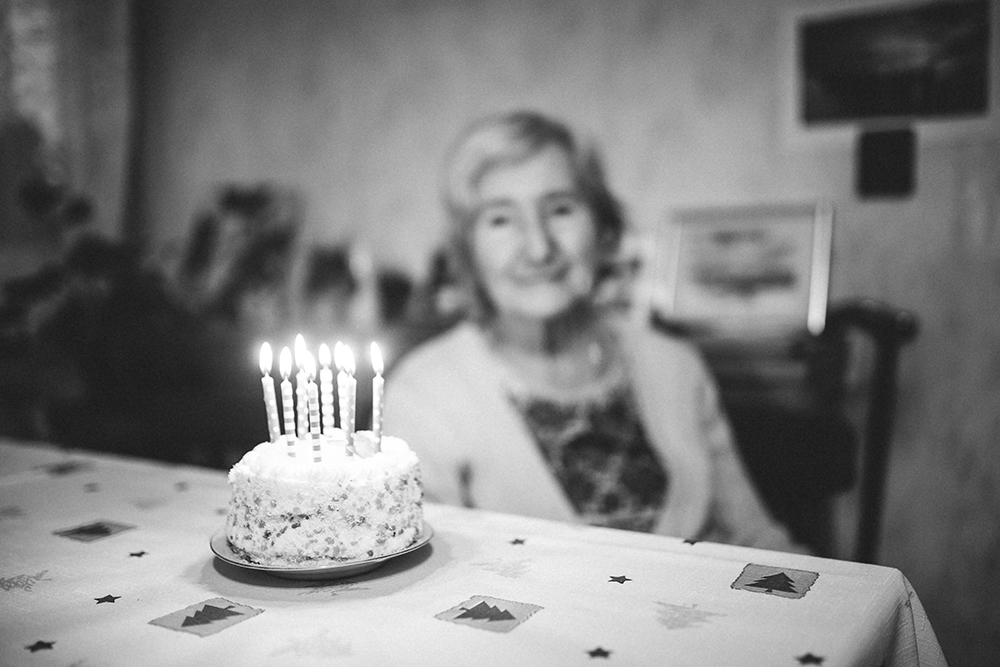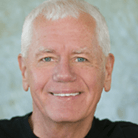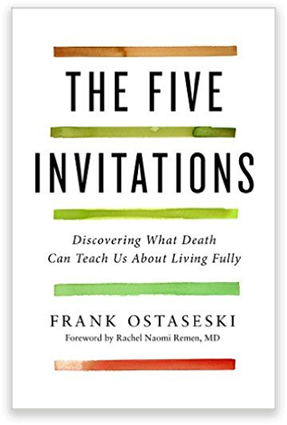Slipping on my shoes
Boiling water
Toasting bread
Buttering the sky:
That should be enough contact with God
In one day
to make anyone crazy
Buttering the Sky -by Hafiz translated by Daniel Ladinsky
What’s Enough?
What do you think? How much is enough?
Enough to eat. Enough to give some away. Enough to relax a little. Enough to forget about it. Enough to be satisfied. Enough to be generous. Enough to make a mistake or two. Enough to retire. Enough to roll around in it. Enough to guard against fear. Enough to stay alive.
We have a lot or rules and expectations around enough. Even at Zen Centers. Recently while visiting one I saw a sign that read.
Please arrive early enough, drink enough of fluids, leave enough room for others to speak.
We’ve been raised on enough
Here’s some advice from the Mayo Clinic.
“Wash your hands with your children and supervise their hand washing. Place hand-washing reminders at children’s eye level, by the bathroom sink, make a chart and train your children to mark every time they wash their hands.
Tell your children to wash their hands for as long as it takes them to sing their ABCs, or “Row, Row, Row Your Boat” or the “Happy Birthday” song. If they do this…. their hands will be clean enough.
The Christian author, David W. Jones imagined how things might have been different in the Garden of Eden if there was an understanding of enough.
“Imagine, Adam and Eve, walking in the Garden of Eden, and they see the forbidden fruit, but instead of risking everything for one more apple, they look at it and say, “We live in paradise. We have plenty. We have enough.” A simple word, “Enough,” and their lives would have changed significantly”.
The culture presents us with constant messages about enough.
Not good enough
Good Is Not Enough
Enough is enough
Here is Lynn Twist founder of the Soul of Money on the subject.
“For me, and for many of us, our first waking thought of the day is “I didn’t get enough sleep.” The next one is “I don’t have enough time.” Whether true or not, that thought of not enough occurs to us automatically before we even think to question or examine it.
We spend most of the hours and the days of our lives hearing, explaining, complaining, or worrying about what we don’t have enough of… Before we even sit up in bed, before our feet touch the floor, we’re already inadequate, already behind, already losing, already lacking something.
And by the time we go to bed at night, our minds are racing with a litany of what we didn’t get, or didn’t get done, that day. We go to sleep burdened by those thoughts and wake up to that reverie of lack.
This internal condition of scarcity, this mind-set of scarcity, lives at the very heart of our jealousies, our greed, our prejudice, and our arguments with life”.
In my workshops, I teach about the importance of an inner sense of sufficiency. Sufficiency is an act of making known to ourselves the power and presence of our existing resources, connecting to our developed talents, and our innate gifts. It’s about enough.
Conventionally, enough is tied up with how much, with measurement, with collecting and keeping, the myth that “more is better”. But more is like the horizon line on the ocean. It’s way out in the distance and it keeps moving away as you get closer to it.
We want the objects of our desire to provide us with lasting satisfaction so we feel fulfilled, whole, and complete. We live with an inner hunger that has us always striving for an unattainable goal. We mistakenly believe our happiness is dependent upon achieving that goal, but even when we attain it, we get no lasting satisfaction.
Tragically what is inherent in this demand is the idea that what is here isn’t good enough.
If we don’t feel we have enough or are enough, we fall into self-sabotage, undermining ourselves and our capacity to collaborate with others.
We set about trying fix ourselves, or to get what we think we lack. In so doing, we crave and cling, suffer and harm. As if life were a cup – with a hole in the bottom – that we keep trying to fill. A strategy that is both fruitless and stressful.
We meddle with ourselves. Tell ourselves what we should be experiencing. Trying hard to be something. Trying hard to define ourselves. Hoping we are doing it in the right way. Scared that we are not. Trying to touch our basic goodness. Feeling bad that we are not. This constant activity that has us trying hard to be somewhere we are not.
It’s totally unnatural.
For many this tendency is imposed on our inner work and spiritual practice. We set some goal of where we think we ought to be and then use that to not be where we are.
We have so many strategies to keep us away from where we are. We don’t believe that welcoming where we are will get us anywhere.
Unfolding happens because of the relaxation and welcoming where we are. The more we welcome, the more our natural curiosity comes forward. When we enter an open-ended inquiry, we engage our natural interest and often discover options we couldn’t have imagined. Ones that couldn’t appear in the tight cramp corners of a mind fixated on a specific outcome.
.
A lot of us have mistaken ideas about skillful effort. Our culture is biased toward making change through excessive controlling, judging, forcing and striving and we often assume this is how we must practice and proceed with life. We try to control our feelings and force ourselves to improve. We strive toward a distant goal and we judge our progress.
We need to recognize how the mind that is using effort, whether it is wasting energy with forced effort. When we have any vested interest in the results of our investigation, we can no longer see things as they are.
Wanting to understand is wisdom, wanting a result is greed.
Too often we have learned to motivate ourselves through the use of disdain rather than kindness. We meet our unpleasant feelings with self-rejection and shame rather than compassion. The inner bully takes over.
We think we can make it happen but we can’t.
I read a story once about a man and his dog. The man tried to pour medicine down his dog’s throat. The dog resisted. The man added more force. There was a struggle and the bottle of medicine spilled all over the floor. The man walked away frustrated to fetch some rags to clean up the mess. He returned to find the dog very gently lapping up the medicine that had spilled on the floor.
How are you administering the beneficial “medicine” of spiritual practice? With force, control, judgment, resistance? Or with love, curiosity, joy, acceptance, ease?
We cannot make insight happen; it arises by itself, and only if the mind is relaxed. It’s difficult to be a human being. It goes easier if we relate to ourselves with some generosity and acceptance. Wise effort welcomes our feelings, our thoughts, our sensations with friendliness, we extend a warm hand to each, in what one teacher calls “handshake practice.”
This is the space of simplicity, the refuge that allows everything. This is resting, this is contentment, an undoing of all our doing activities. Here we come to appreciate that enough is less about measurement and more about a state of being.
In noticing simplicity, I become aware that I may have enough. The expanse of the sky’s beauty. The sip of water that quenches my thirst, the care of those who raised me, the truths shared by my teachers, the stories of my ancestors, the assistance from stranger. How can I deny this abundance?
Enough- by David Whyte
Enough. These few words are enough.
If not these words, this breath.
If not this breath, this sitting here.
This opening to the life
we have refused
again and again
until now.
Until now
– by David Whyte from Many Rivers Meet
—Frank Ostaseski is the founder of the Metta Institute and cofounder of the Zen Hospice Project and author of Five Invitations: Discovering What Death Can Teach Us About Living Fully. www.fiveinvitations.com
Copyright Frank Ostaseski




Leave a Comment